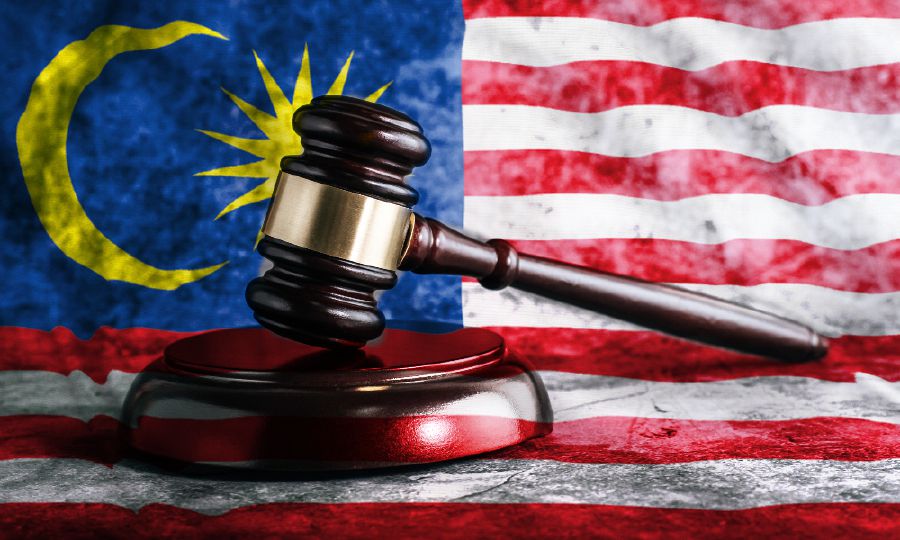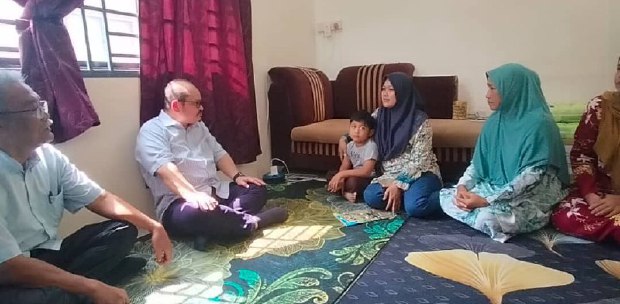There was a minor stir midweek as a heart-warming story was shared online among my friends.
It was the story about how a young Malaysian lawyer in 1998 chanced on a hapless mother dragged to court in handcuffs.
Her crime? Shoplifting a RM18 pencil box at a supermarket. She had promised her 10-year-old only son he would get it if he came top in his class. But she could not afford it on her meagre wages as a cleaner.
Out of compassion for the distressed mother and her son, the lawyer did all he could to get her off the hook, volunteering to fight her case in mitigation when he could not get the supermarket owner to withdraw the case.
The sympathetic magistrate discharged the case and released the mother on a good-behaviour bond. The story had a happy ending when the young boy, now a 30-something lawyer, searched out the senior lawyer who had helped his mother 25 years ago, and the duo met and hugged each other in court (where else?).
Some, including the senior lawyer, pointed to how this moving episode transcended our nation's racial and religious divides.
"I helped because she is a Malaysian. Here in Malaysia, despite our diverse backgrounds, our differences are minute, but we have similarities.
"We can live in harmony as one big family."
At a time of heightened rhetoric over race and religion, this story is, above all, one about decency and humanity.
But I think there are also impor-tant subtexts of this story that not only can restore our faith in humanity but also that in our nation.
It is easy to complain about life's unfairness when citizens such as the cleaner mother get hauled up for relatively minor infractions, while the high and mighty often get away relatively lightly for crimes because they have access to well-paid lawyers.
Not to be overlooked in the story is the fact that the mother and her lawyer son are Indians. Like other non-Bumiputeras, they often may be left out of affirmative-action perks.
A criticism of the New Economic Policy measures is that they are based on whether people are Bumiputeras, and not on the real needs of individual Malaysians.
As strides have been made in affirmative actions and policies — even as lapses and shortcomings mean many Bumiputeras remain poor, disadvantaged and marginalised — we can comfort ourselves that marginalised Malaysians, Bumiputera or not, do get a leg-up.
The young lawyer in this story shows that diligence and determination will still be rewarded with success, despite social and economic deprivation in a social construct said to be more favourably disposed to Bumiputeras.
The social mobility of the young lawyer tells us that our education system and the infrastructure to ensure equal access to it do work.
That said, this is not to argue that our social ecosystem cannot be improved or made fairer.
To be sure, our ethnic composition can blind us to the many things about us and our nation that are noteworthy and inspire pride in ourselves and how far we have come since independence.
Our social and ethnic divides may be a given and mostly unavoidable, but the story of the older and younger lawyers and the latter's mother tells us something not altogether rare: that often Malaysians can be united by our humanity, even despite ourselves.
* The writer views developments in the nation, region and wider world from his vantage point in Kuching






